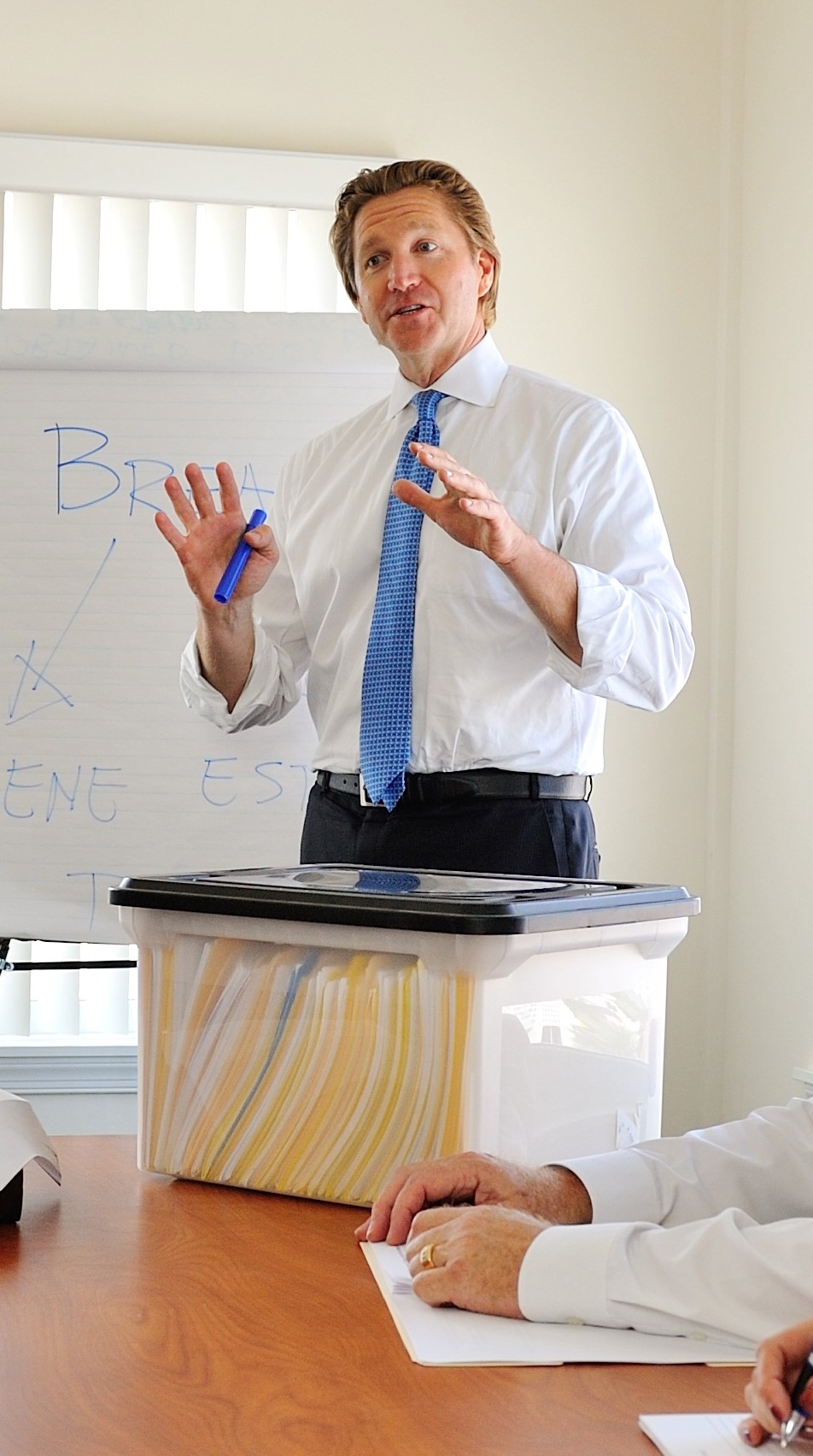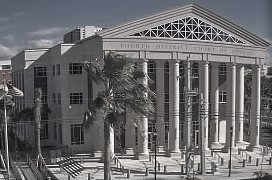Will Forgery Florida — what you need to know

Do you believe a will was forged? Or a signature to the will was? If so, you may only have a limited time to act. How will you exercise your rights or make your claim? To view a FREE WILL FORGERY FLORIDA video, click HERE. To learn more about this topic, including an important appellate opinion on Florida forgery law, keep reading.

Appellate Case
On September 6, 2017, Florida’s 3rd District Court of Appeal issued an important opinion. While it is not a will or trust case, it tells you “all” you need to know about forgery in Florida. Bennet v. Mortgage Electronic Registration Services, Inc. goes into depth explaining this topic. But wait, there’s more!
If you want to read a will case that explains and discusses the requirements for signing and witnessing a will, click HERE. The case of Jordan v. Fehr is from the 1st District Court of Appeal. It is a 2005 appellate opinion dealing with a will appeal.
Will Forgery Florida
If a will is not executed with the formalities required by the Florida Probate Code, it is not valid.
And any document such as a will or trust which is forged is not valid.
When someone comes forth with a will, how do you know the signature is valid? Well, usually you have witnesses and a notary and a self-proving affidavit. But, you have to tell the court what is the product of a forgery. Is the signature of the now deceased Florida resident a fake? What about the signature of the two witnesses? Remember: a will must be witnessed by two individuals who sign as witnesses. What about the notary who typically notarizes the signature in the form of a self-proving affidavit? Here are some things you need to know.
Forgery: what you need to know
- Forgery occurs if there is a writing which FALSELY purports or claims to be a writing of another
- There is a requirement that there was an INTENT to commit some wrong, to injure or defraud — in other words, no mistakes.
- There has to be some damage.
- The burden of proof that a signature is forged is by a preponderance or greater weight of the evidence
- This can easily be proven if the person whose signature was forged is alive and testifies to that (for a very recent, August 27, 2021 appellate opinion, read Colantonio v. Moog from Florida’s 5th District Court of Appeal)
- Forged documents are void